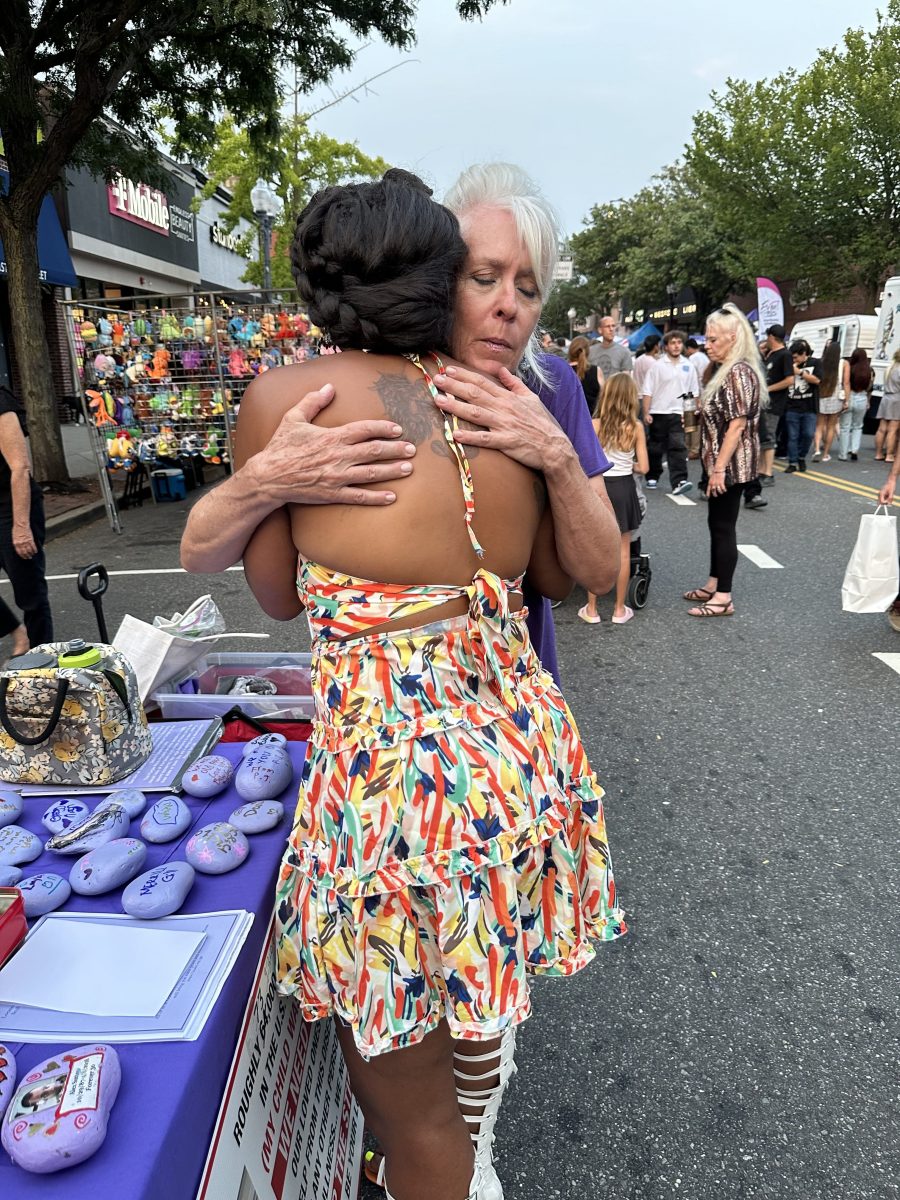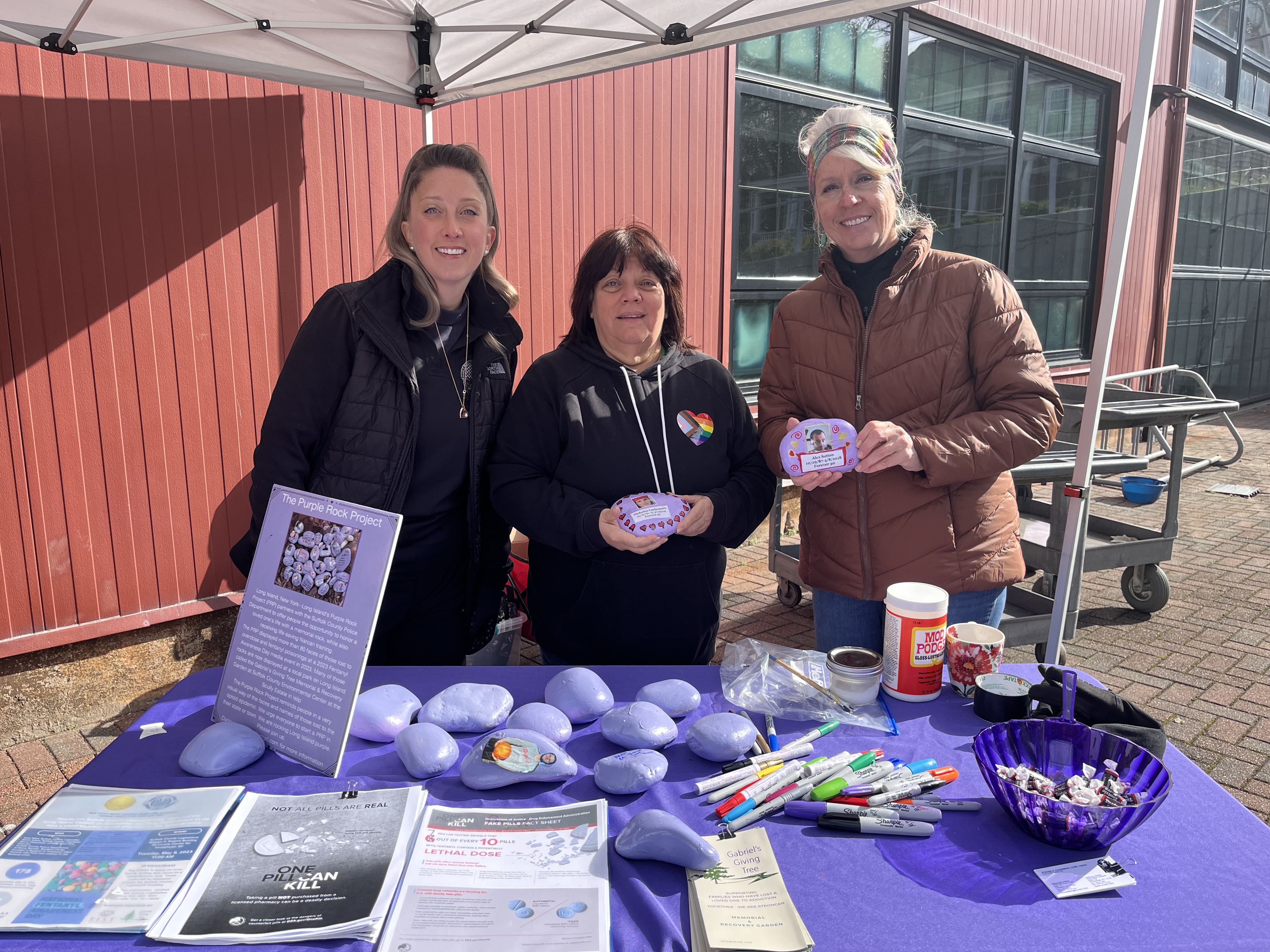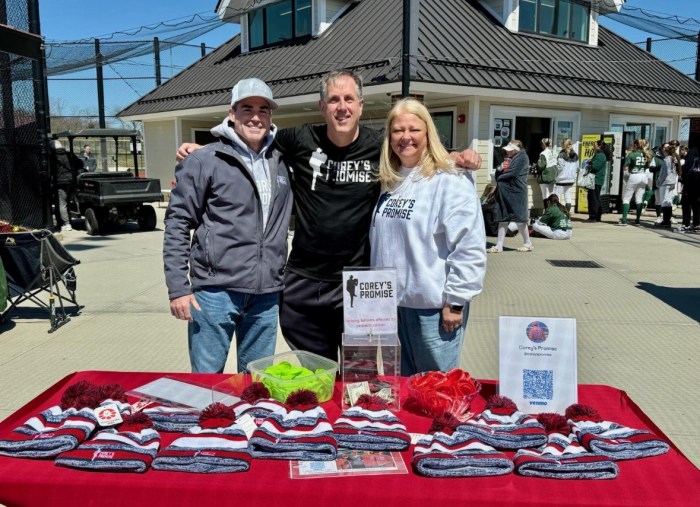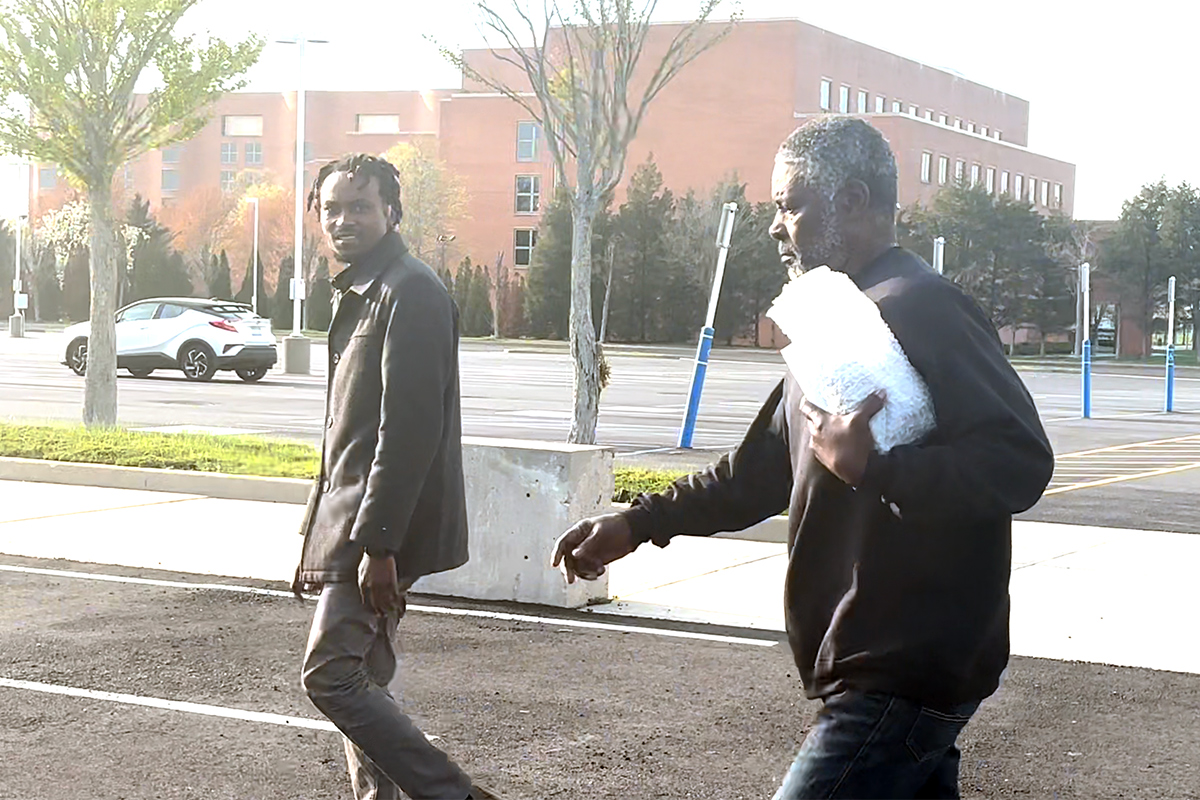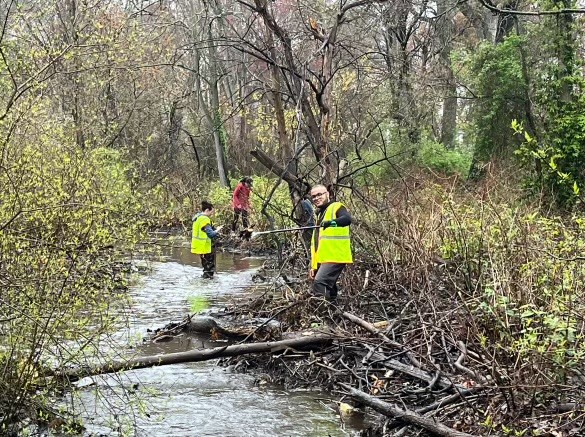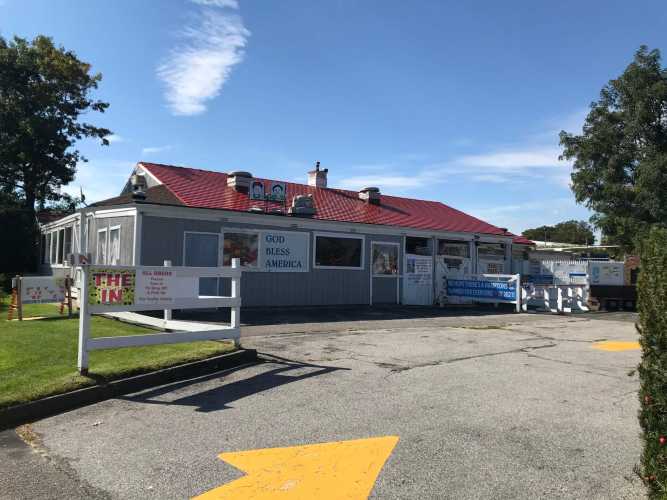This story is the third in a series by Schneps Media Long Island on the opioid crisis in Nassau County.
Carole Trottere described her son as one with a big heart who went out of his way to do something for a friend in need – sometimes before doing something for himself. Those memories that Trottere holds are now wrapped up in pain after losing her son to an overdose in 2018.
But Trottere is turning her pain into purpose, she said, to work toward a future where no other parent has to feel the anguish she has.
“It’s not for everybody,” Trottere said of her advocacy. “But you really feel like you don’t want to see another person go through this heartbreak. You just don’t want to see another set of parents have to bury their child from this.”
Alex Sutton, Trottere’s only child, was 30 years old when he died of an overdose. Preceding his death were years of mental health issues and a sort of rollercoaster as he embarked on the ups and downs of recovery, Trottere said.

Just prior to his death, Sutton was set to move to Illinois, where he was supposed to take on a welding job. Trottere got emotional when remembering this moment, saying it appeared he was in a good place and continuing on a positive trajectory in his recovery.
“There was obviously a lot going on that I didn’t know and I still don’t know to this day,” Trottere said. “These are questions I’ll always have.”
Trottere’s son died in 2018, but it wasn’t until four years later that she took action into her own hands – and its catalyst still remains a mystery to this day.
Trottere was invited to a Drug Enforcement Agency family summit in Manhattan to learn about the fentanyl crisis. How this invitation showed up in her email inbox is unknown, she said.
At the summit, she learned firsthand from DEA Special Agent Frank Tarantino, who expressed a desire to “draft” parents like her to help the fight against fentanyl and overdose deaths.
At this time, Trottere said she was finally ready to channel her pain into purpose.
Trottere comes from a career in communications and public relations, which sparked the idea that she take her skillset and apply it to her newfound calling.
“If I can do anything, I know how to grab someone’s ear or get attention or write a press release,” Trottere said. “I felt my son talking to me in my head and said: ‘This is what you know how to do, Mom. Do it.’”
So she did.
Trottere started by getting involved in local organizations dedicated to the cause.
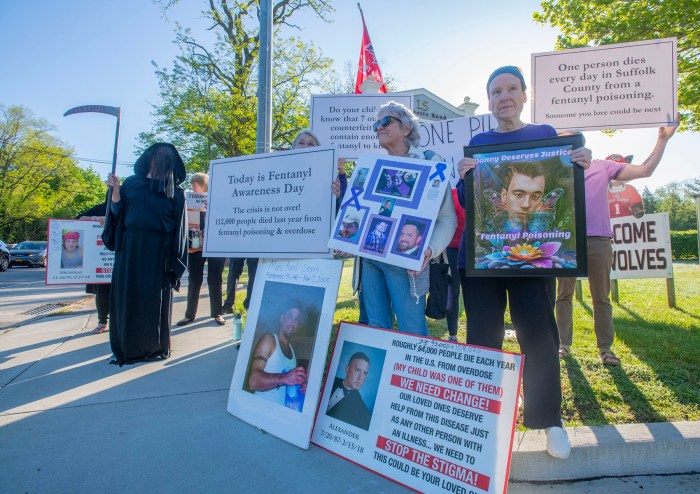
One of her first actions was hosting a free pizza party on her son’s birthday at his favorite pizza joint, where she not only passed out free pizza but also gave out informational pamphlets on the dangers of fentanyl and invited the Suffolk Police Department to host a Narcan training.
Naloxone, or commonly referred to by its brand name Narcan, is a nasal spray that is administered to an individual experiencing a drug overdose. This can rapidly reverse the effects of an overdose, oftentimes bringing a person back to consciousness. But the National Insititute on Drug Abuse still advises calling 911 in the event of an overdose in case the naloxone is not effective or the individual needs further medical attention.
While Trottere said the police were initially hesitant, they came anyways and ended up distributing about 60 kits – and even more slices of pizza.
This has turned into a tradition for Trottere, who has hosted her pizza parlor Narcan training three years in a row.
With the success of offering non-traditional Narcan trainings, Trottere and the the local police have now taken their sessions to local farmers’ markets. Already they have trained thousands of people in administering the overdose-reversing drug.
“You wouldn’t believe how many people would come up to the booth,” Trottere said.
Yet still so much more can be done, she said, as she watched many parents walk past her booth expressing a lack of need for Narcan. She said substance use disorder, and unfortunately overdoses, can be a reality for any family.
“It might be awkward to talk to your kids about drugs, or you might be nervous about doing it, but try picking out a casket,” Trottere said.
Now that she has experience working with elected officials, Trottere said she also has honed her advocacy in on local officials and pressured them to at least talk about the issue. She said talking about it helps to reduce the stigma she sees around drug use.
But Trottere is not done.
Aspirations for Trottere this year include meeting with her local federal representatives in Washington, D.C., to discuss fentanyl and overdose prevention.
She said she will continue to press Nassau County to spend its opioid settlement money to combat the current drug crisis, as well as advocate for the Long Island Rail Road to carry Narcan in its train cars.
“I’m doubling down on my efforts this year,” Trottere said. “I’m not taking my foot off the gas.”




